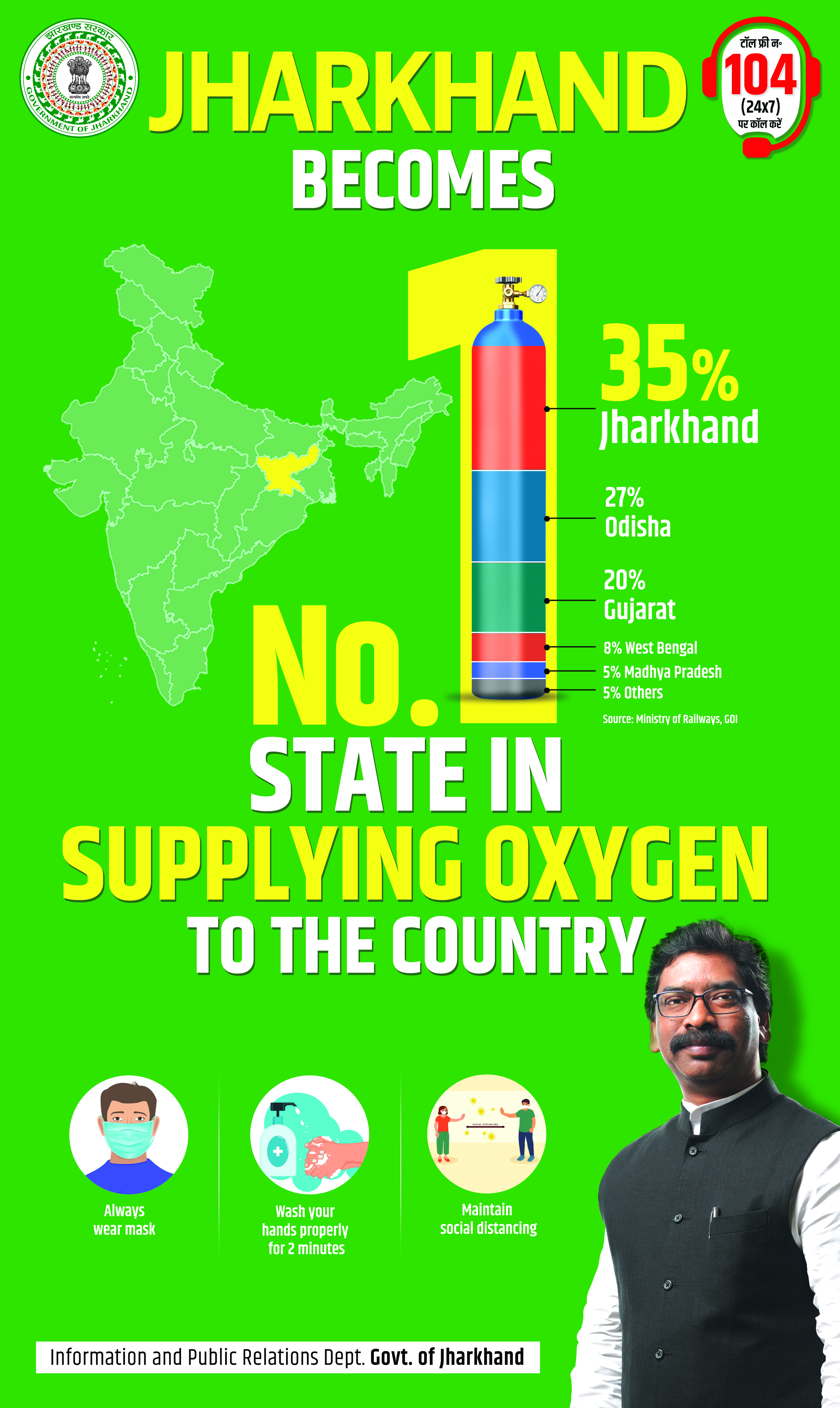
*Representational Picture Courtesy-2.padi.com/blog/wp-content
The word-'Innovation'-is now popular across the world.More so in India where it is no longer a nondescript noun any more.
In the past,when communist ideology had gripped intellectuals,Karl Marx was considered a top brain favouring 'revolution' to bring about change in society and polity.The straight and narrow communist path was the only non-option available for discerning talent to reach her destination.
This paradigm took a long time to change.Today,in political,academic and corporate world in India,men,women and children continue to struggle with 'Innovation' word.In fact,corporate executives are busy making wonderous ties between creativity and innovation.
These facts figure in the new book-A Biography on Innovations;From Birth to Maturity-authored by R.Gopalakrishnan.His book is deeply delightful as well as entertaining.In is book he has sought to express his view on whether innovation is a human trait.
"Would it help to be 'natural innovators' if we could think of innovation as being quintessentially human and natural?Fish don't take swimming classes.They just swim.Flowers are not taught to bloom.But we still need a way to think about the subject",writes Gopalakrishnan.
He seems to be raising a big question-how ideas are born."Much dream is associated with how a concept strikes root in the brain.It has been eulogised as being a flash,an epiphany or a sign of genius."The reality,however,is that neurons are active in the brain all the tim.For most of time their signals are not in symphony.But once normalcy takes form,there is a coming together of chaotic signals in the brain.This can be thought to be the formation of a concept",thinks the author.
However,this explanation does not answer why one brain comes up with an innovative concept that brings about 'change' and another brain sticks to the status quo.
